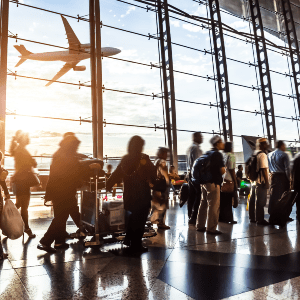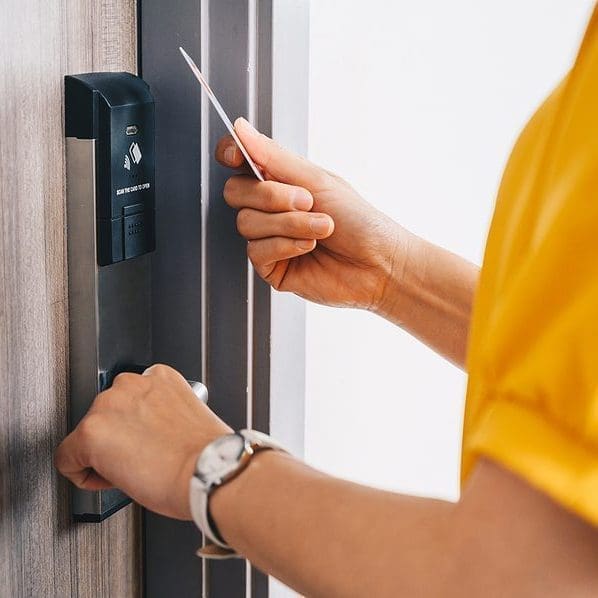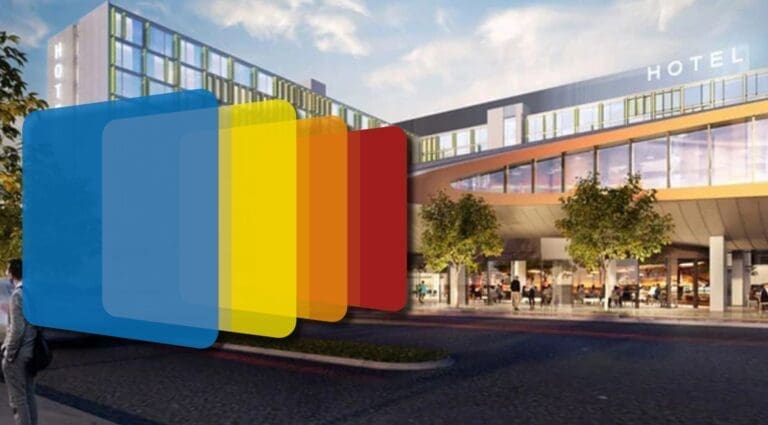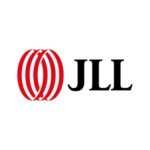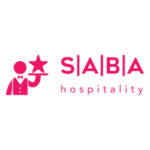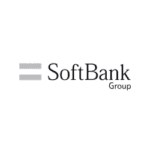When the hotel industry is experiencing an economic downturn one of the first areas to come under scrutiny and face cost cuts is the security budget. Many CFO’s prefer to axe security costs, including capital expenses for security out of the budget when times are tough because security does not relate directly to the driving forces that generate sales – or so they think.
Security in hotels, however, is much more then just an expense in the P&L. Its purpose is to protect lives, the image of the company, and reduce or avoid damage to physical assets. Cutting security expenditure that result in lower standards and less service means increasing risks that in turn can lead to increased future costs or damages.
Security is an important component supporting the core business. Good security concepts are an investment in the future business. It is also a quality feature and indispensable in every smart business development strategy.
Sometimes security expenses are seen as some sort of ‘insurance protection fee,’ but this is not a proper view. In every security concept there is always a ‘remaining risk’ that needs to be calculated in. The insurance question comes after you define and implement the security concept to reduce risk and close the gap.
Managing high-crime periods
Economic fluctuations will always be with us. During an increasing trend or boom, expenses do not matter so much, but when the economy drops and slides into recession, a review of expenses is necessary and may result in some cuts.
When considering cutting the security budget, bear in mind that in times of depression crime rates tend to climb. People have less money to spend and they struggle to make ends meet. The unemployment rate will also go up.
The chances of becoming a victim of a robbery, vandalism, and fraud in general, as well as street crime are at their peak. The homeless will be more aggressive as they seek dry and warm shelter in hidden spots in buildings. It is not just the ‘Lonely Wolves’, as we call them that try to harm easy targets like hotels; it is also an increasing and unpredictable risk coming from gangs that are becoming more active.
Management should always be two steps ahead in dealing with security issues. Your security program needs to be most effective during high-crime periods.
Mother Nature is a tricky one and is hard to predict in the budget
Natural hazards usually don’t follow an economic cycle, therefore hotels need to have proper safety measures in place and be aware of their risks. In the terminology, ‘hotel security’ is a general term used by the security industry and equates with the definition ‘emergency procedures’. Looking at it from that perspective it also includes risks coming from Mother Nature and therefore a Security Manager or Duty Manager turns into an Emergency or Crisis Manager. In this case your Hotel needs to be a few steps ahead and have proper business continuity plans and emergency procedures in place. You should ask yourself if your Hotel is well prepared for a flood, earthquake, avalan?che, tsunami or a bush fire, or even a blackout caused by natural hazards?
I recommend hotels carry out regular penetration tests by an independent security specialist to insure systems in place are working in the event of an emergency.
Reducing security costs without lowering standards
It is true that in an economic downturn there is pressure to find ways to reduce security costs. This is achievable through innovative solutions that can provide even higher security standards at lower costs.
Potential savings and gains can be for example unlocked in the audit process. Synergies with other audit routines can make it even more efficient. Implementing smart technology solutions has always improved procedures and helped to reduce labour costs.
For instance, the new App powered by Bosch allows self-auditing to become a reality for every hotel. It ensures high, if not higher standards of security can be reached at lower costs than by using the old auditing regime. The App can save hotels up to 75% of audit costs. For hotel groups that require audits to maintain a brand standard, the app can mean tremendous savings.
Earning more money with security
Bad incidents usually spread quickly in the media around the world. You can expect bad news to reach your target groups much faster then positive news ever will. A proactive approach is best to counteract this problem. For example, a 3rd party security certification posted in the public domain, such as the Global Lighthouse Certification Program, provides proof of security standards.
A security certification can be an effective marketing instrument that hotels can use to present to their target groups and show the level of security the hotel offers guests. Hotels that are certified are giving full disclosure of their security standards as part of their marketing strategy. In an age when security is becoming paramount, certification will give a hotel definite advantage in the marketplace.
Potential guests can easily compare safety standards with those of other hotels and this will influence their decision in a positive way. Traveler’s will appreciate the simplicity and assurance the certification will provide them when making their plans.
The program is a very helpful tool to convince critical target groups like airlines, high profile businesses, or guests with disabilities that your hotel is their best and safest choice.
Blended learning is the way to go
We see a clear trend in the use of more e-trainings where in-person training is combined with computer-mediated activities. Security awareness training customised to a country or region is very effective and it will allow hotels to save money in the long run. But also demand for specialised online-trainings, for example dealing with guests with a disability or IED-search (improvised explosive device) will increase.
Founder and Managing Director of Sky Touch Consulting, Stefan Vito Hiller, has over 20 years experience in the hotel industry including five years experience in the security field. He has worked for leading hotel brands in Munich, Frankfurt, Bremen, Berlin, Cork, Edinburgh and Doha in the Middle East.
When working for a leading global security company in Germany, Stefan developed their hotel and tourism security segment. In this position, he conducted overt and covert security audits, provided security training and developed innovative security solutions.
Stefan now consults to hotels to implement innovative and affordable strategies to raise their level of security to meet growing global demands.



